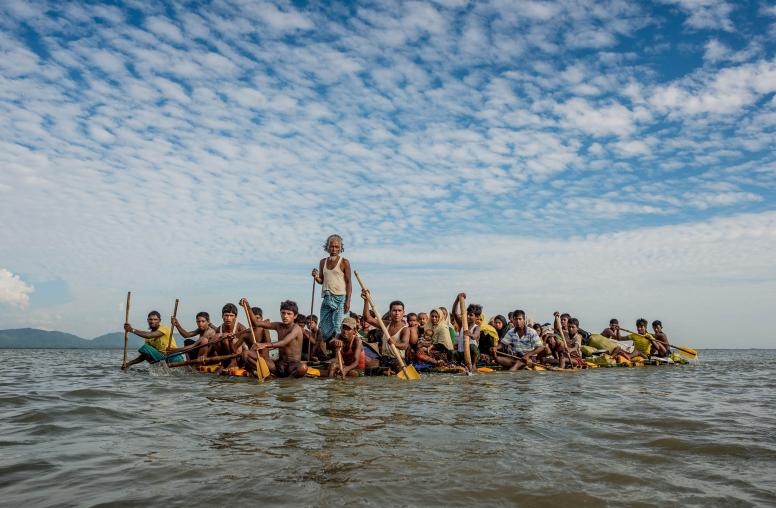Episode 48 - Kristina Simion Part 1
The Peace Frequency
In this podcast, INPROL Director Lelia Mooney and Senior Program Assistant Chelsea Dreher walk through quantitative and qualitative research processes with their colleague, Kristina Simion. Kristina is INPROL’s Research Facilitator, and a desk officer for the Folke Bernadotte Academy’s rule of law program. She is also working towards her PhD at the Australian National University’s School of Regulation and Global Governance. In 2016, Kristina leveraged her skills from working as a rule of law practitioner in the field and her knowledge acquired through rigorous academic study to author a Practitioner’s Guide: Qualitative and Quantitative Approaches to Rule of Law Research. This INPROL publication offers step-by-step guidance to conducting appropriate, high quality research to inform holistic rule of law programming. In this interview, Kristina delves further into the topic – defining key terms and highlighting helpful research tools and tips for practitioners that want to establish a strong foundation for initiatives in conflict-affected and developing countries.
The Peace Frequency presents in-depth interviews with ordinary people doing extraordinary things to create a world free of violent conflict. It is produced by the U.S. Institute of Peace Academy.




